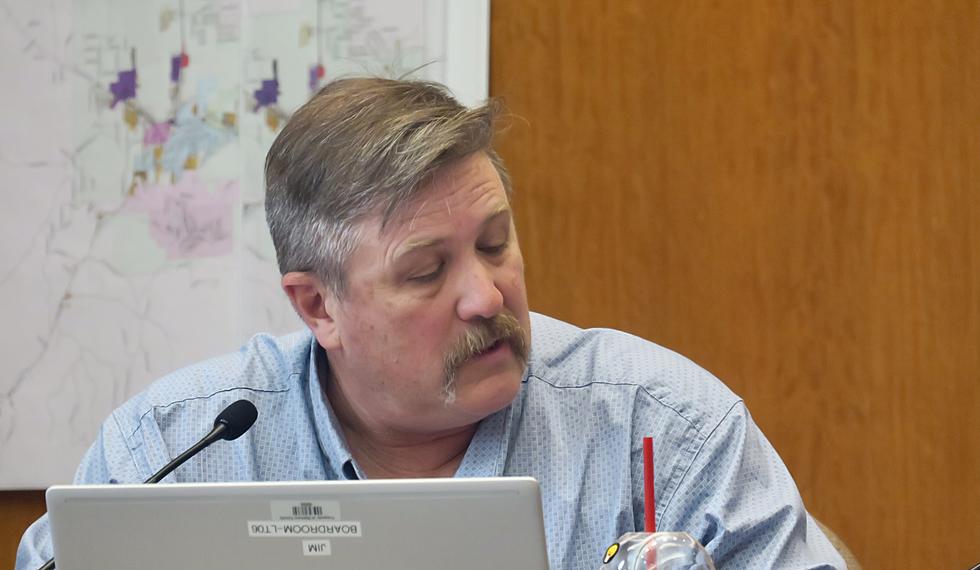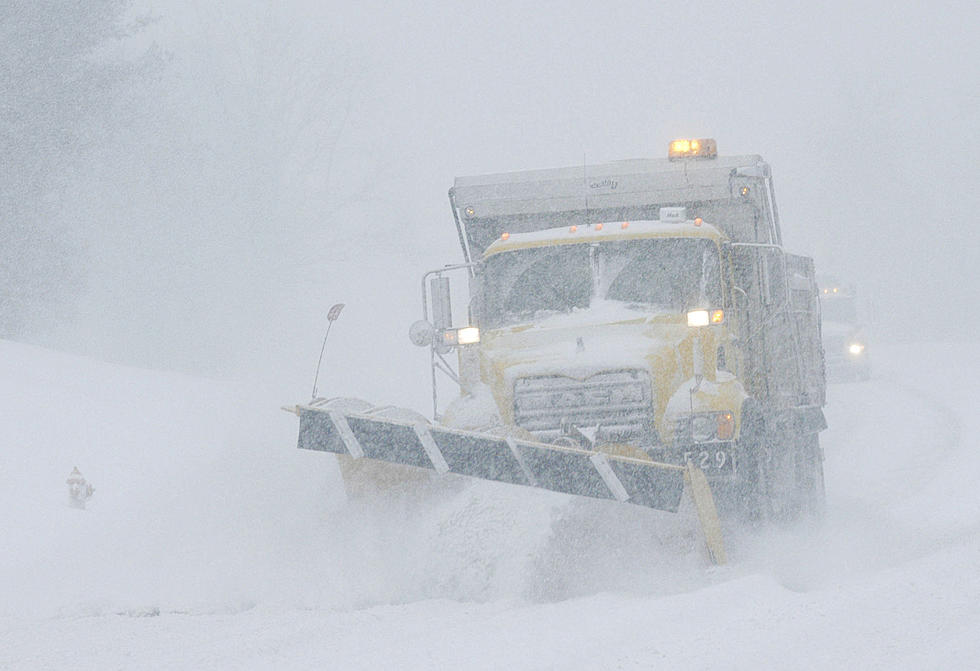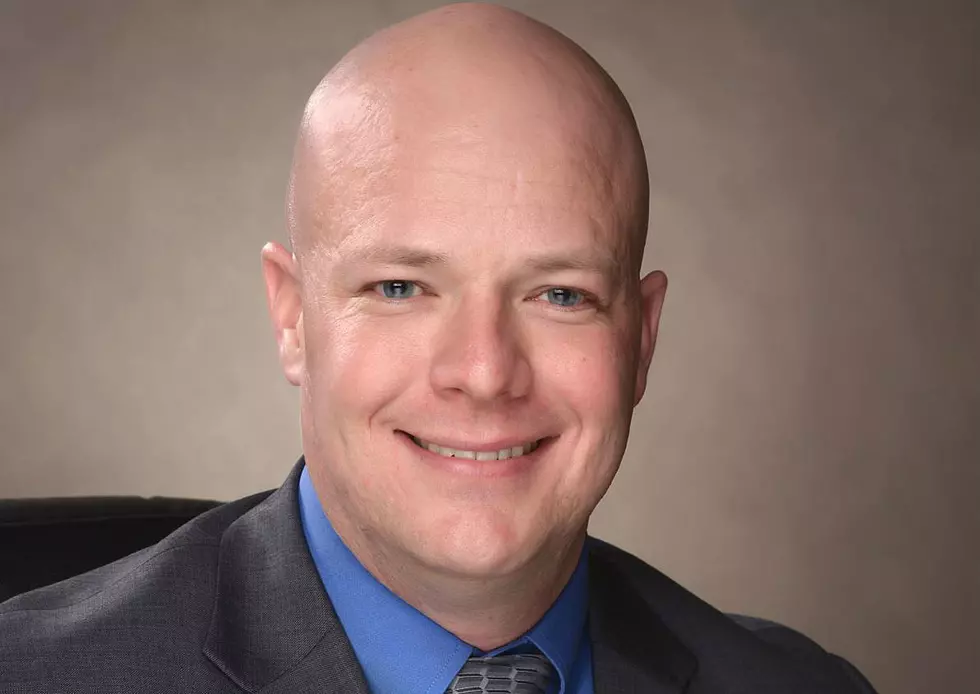
Deputy Attorney: Property Rights Not Affected by Zoning Language Change
The proposed deletion of the "doctrine of natural expansion" from Natrona County's Zoning Resolution will not adversely affect private property rights, the county's deputy attorney said Monday.
"I don't think that this will be an infringement on people's rights," Heather Duncan-Malone said. "Certainly it shouldn't affect many people at all, in my opinion."
The commission will meet at 5:30 p.m. today in the Old Courthouse at 200 N. Center St., and will vote whether to delete the natural doctrine language after a public hearing.
The doctrine says if you have a legal nonconforming business use, also known as a grandfathered use, you have a right to expand that business use, Duncan-Malone said.
For example, if a land owner has 10 acres and two of those acres were used for a sawmill before zoning regulations were put into effect, the sawmill operation could expand to more acres even if subsequent zoning regulations forbade such business uses.
That argument citing the natural expansion doctrine proved critical in the long-running and eventually successful lawsuit against Natrona County brought by Dana Jones, who had amassed hundreds of vehicles on his properties on Eight Mile Road and about 30 miles west of Casper on U.S. Highway 20-26.
Duncan-Malone said deleting the language won't affect the Joneses' property, because District Court Judge Tom Sullins has already ruled their vehicle collection was legal based on the natural expansion doctrine.
Jones agreed, he said. "I don't think the county would want to take me to court, I would hope not."
But he's concerned what may happen to other property owners, he said. "Even though it would be eliminated from the resolution it would still be alive and well."
Some county residents have been car collectors far longer than him, and they may be vulnerable, Jones said.
"The county currently hasn't screwed with them, but I suspect when they pass this, then they may go in an go full force and try to attack somebody else," he said. "I don't know that. That's what I look for. Because There's a reason for the county doing what they're doing, and I don't know what that is, but we know that for sure."
Duncan-Malone said there's nothing to worry about. If a grandfathered business use expanded after 2000, the county would not require the property owner to reduce the size of the operation to what it was before that, she said.
But the doctrine poses a lot of legal problems, County Attorney Bill Knight said in July. The county's Planning and Zoning Commission voted 2-1 to delete the natural expansion doctrine language.
The language's origin remains a mystery because it didn't exist in the county until 14 years ago, Duncan-Malone said. "We're not sure how it got into our resolution in 2000."
Its convoluted language could be interpreted in a variety of ways, too, and other jurisdictions have endured a lot of litigation with courts applying different tests with varying degrees of restrictions and results, she said.
Only a minority of county and state jurisdictions recognize the doctrine of natural expansion, Duncan-Malone said.
The majority, including Wyoming, don't recognize that particular right because it contravenes the intent of zoning, she said.
So does deleting the natural expansion doctrine open the door for the county to tell you what to do with your property?
"That's not true," she said.
Jones isn't convinced.
"Why are revisiting this thing when it's already been proven in court," he said. "Why is it such a sore spot for the commission? It really should be a non-issue and be put to bed and be done."
More From K2 Radio









